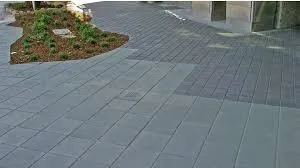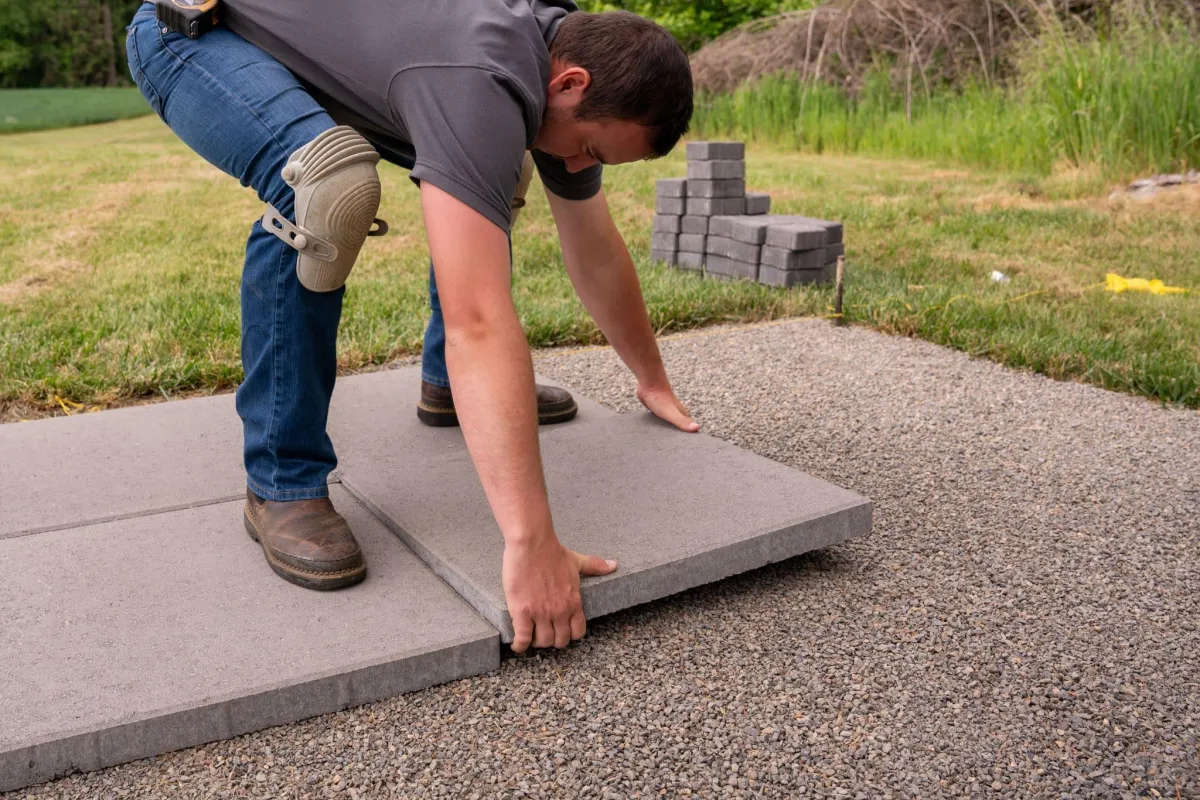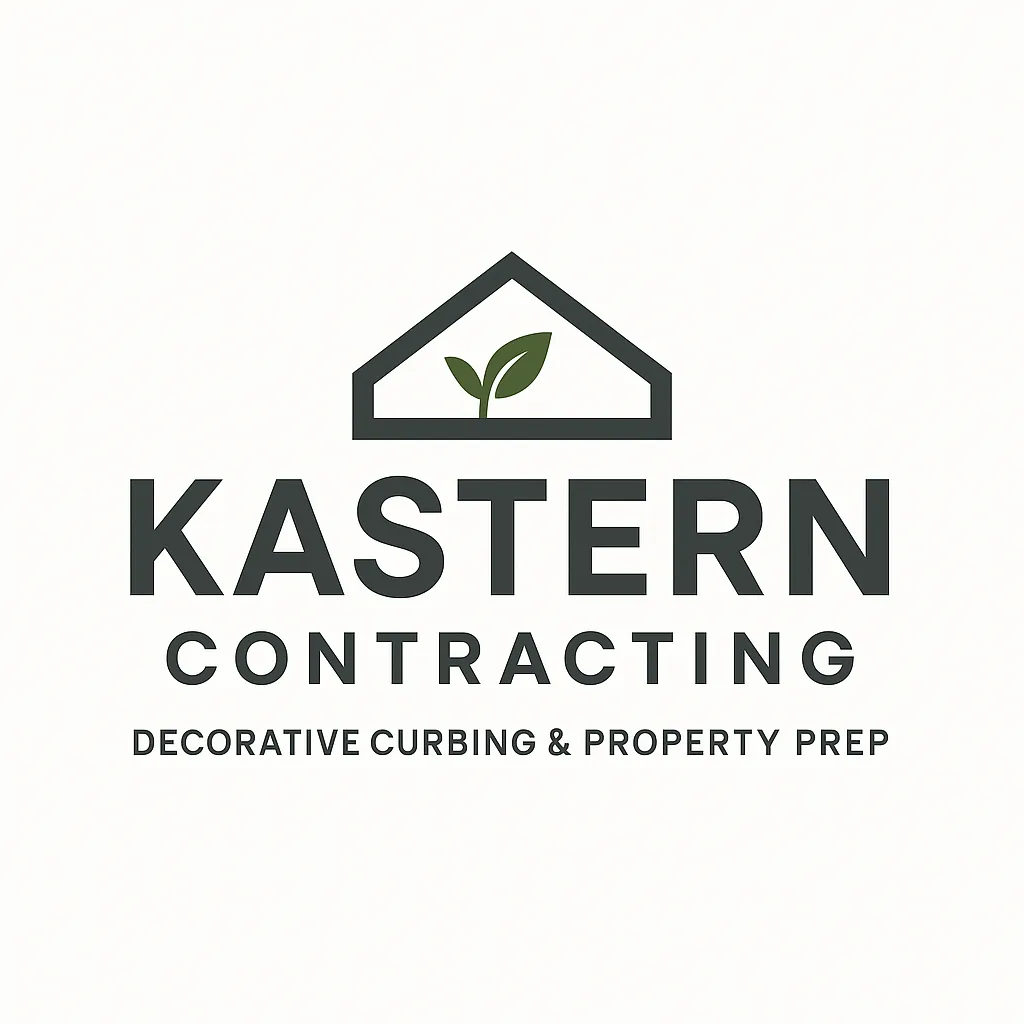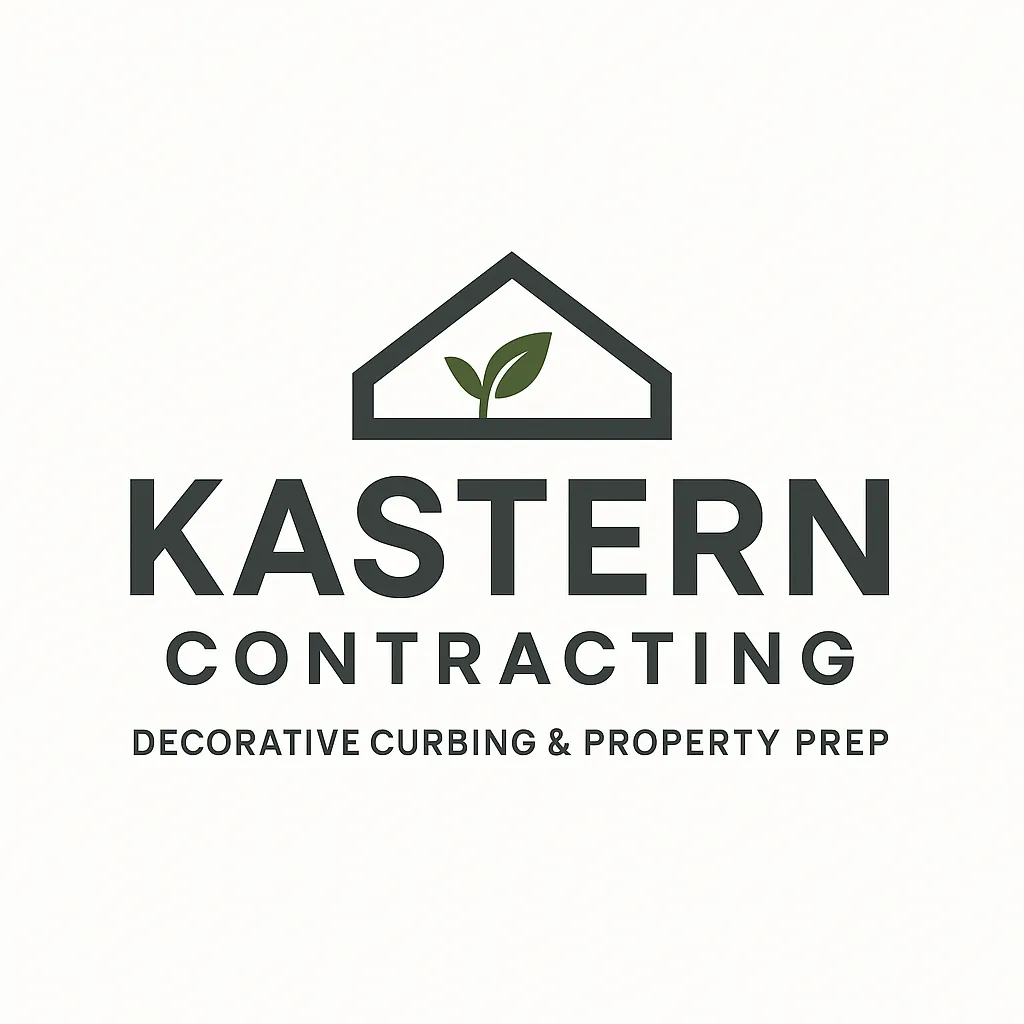
Superior Paving Stone Installation: Lasting Beauty for Homes and Businesses in Superior, Duluth, and Surrounding Areas
Paving stones are one of the most effective ways to enhance outdoor living spaces in Superior, Wisconsin, Duluth, Minnesota, and nearby towns such as Ashland, Cloquet, Hermantown, and Two Harbors. With their strength, beauty, and adaptability to the region’s freeze-thaw cycles, paving stones create driveways, patios, and walkways that not only elevate curb appeal but also deliver decades of durability. Whether you are a homeowner, business owner, or real estate investor, paving stone installation offers long-term value when combined with skilled craftsmanship and climate-appropriate materials.
What Are Paving Stones and Which Types Work Best in Superior?
Paving stones are modular units made from concrete, natural stone, or clay that interlock to form strong, stable surfaces. They are designed to withstand shifting soils, distribute loads evenly, and allow water to drain through their joints. In Superior and the surrounding region, pavers are especially valuable because they resist cracking during freeze-thaw cycles and require minimal maintenance. Homeowners often ask which types perform best here, and the answer lies in considering concrete pavers, natural stone, brick, and flagstone. Concrete pavers are known for their strength and uniform appearance, natural stone provides unmatched beauty and longevity, brick pavers add timeless charm and slip resistance, while flagstone creates organic patterns with wider joints for drainage.
What Are the Benefits of Interlocking Concrete Pavers?
Interlocking concrete pavers are manufactured with precise dimensions that allow them to fit together like a puzzle, creating a strong and unified surface. Their design ensures even load distribution across multiple units, reducing the likelihood of individual pavers cracking under pressure. Because they are made with specialized mixes, they repel moisture and resist the damaging effects of freeze-thaw cycles. They are available in a wide variety of shapes, sizes, and colors, allowing homeowners in Superior and Duluth to choose designs that blend seamlessly with their property’s architecture. This combination of strength, climate resistance, and design versatility makes them one of the most popular paving solutions in Northern Wisconsin and Minnesota.
How Do Natural Stone Pavers Compare for Superior Properties?
Natural stone pavers, such as granite, limestone, and bluestone, provide a unique and luxurious appearance that cannot be replicated by manufactured materials. Their natural veining, textures, and color variations add depth and elegance to any patio, driveway, or walkway. Because of their density, natural stones resist abrasion and last for decades, often well over 50 years. They also offer reliable slip resistance thanks to their textured surfaces, making them practical for Superior’s icy winters. While natural stone may come with a higher upfront cost, its authenticity and timeless beauty make it a worthwhile investment for homes and businesses in Superior, Ashland, and Cloquet.
What Other Paver Materials Are Commonly Used?
Beyond concrete and natural stone, brick and flagstone remain popular choices. Brick pavers, made from fired clay, provide consistent tones of red and brown while offering slip resistance in wet conditions. Flagstone, with its irregular natural slabs, is favored for more organic, rustic designs and can be laid with permeable joints that allow grass or groundcover to grow in between. Some property owners are also turning to permeable resin-bound pavers that combine natural stone with binding agents, offering both durability and eco-friendly water management.
Why Is Professional Paving Stone Installation Important in Superior?
Professional installation is essential because Superior, Duluth, and the surrounding region experience extreme temperature changes, heavy snow, and spring meltwater. Without a properly prepared subbase, pavers can shift, settle, or crack. A certified installer ensures that the foundation is compacted, drainage is accounted for, and edge restraints are correctly placed. This precision not only guarantees longevity but also keeps the surface level, safe, and visually appealing throughout the year.
How Does Superior’s Climate Affect Paver Durability?
The region’s climate includes winter lows near -20°F and warm summers in the 80s, creating constant stress on outdoor surfaces. If the base beneath the pavers is not compacted and engineered correctly, water can seep in, freeze, and expand, causing frost heave. By using crushed aggregate subbases, geotextile fabric, and pavers rated for freeze-thaw resistance, installers help protect surfaces from this damage. This makes paving stones a practical solution compared to poured concrete or asphalt, which often crack under similar conditions.
What Are the Environmental and Drainage Benefits of Pavers?
Unlike solid asphalt or concrete slabs, paving stones allow water to pass through their joints into the soil beneath. This reduces surface runoff, prevents flooding, and replenishes groundwater. In Superior and Duluth, where heavy rainfall and snowmelt can overwhelm drainage systems, this permeability offers a major advantage. Choosing locally sourced stone or recycled pavers further reduces environmental impact, making paver installation an eco-friendly choice for both residential and commercial properties.
How Do Pavers Enhance Property Value and Curb Appeal?
Paving stones are more than just practical—they are a visual upgrade that instantly increases curb appeal. Whether it is a driveway in Cloquet, a patio in Hermantown, or a walkway in Two Harbors, professionally installed pavers create clean lines, defined zones, and attractive outdoor living spaces. Buyers recognize quality hardscapes as a premium feature that boosts property value and long-term investment potential.
What Is the Process of Installing Pavers in Superior?
The process begins with a site evaluation and layout, followed by excavation and preparation of a compacted aggregate base. Edge restraints are installed to secure the perimeter, bedding sand is spread evenly, and pavers are placed according to the chosen pattern. After laying, the surface is compacted and joint sand is swept in to lock everything in place. Optional sealing can be added for color enhancement and protection. Most residential installations take between three and seven days depending on size and weather conditions, with patios typically completed in three to five days and larger driveways requiring up to a week.
How Should Homeowners Maintain and Repair Their Pavers?
Paver maintenance in Superior and Duluth is straightforward. Routine sweeping keeps debris from accumulating, while annual low-pressure washing removes dirt and stains. Sealing every two to three years helps preserve color and prevents moss or weed growth. If pavers shift or settle after a freeze-thaw cycle, they can be lifted, the base adjusted, and the same stones reset. Re-sanding the joints every few years maintains stability and prevents water infiltration. These simple steps ensure pavers remain beautiful and functional for decades.
Final Thought
Paving stone installation in Superior, Duluth, and nearby towns such as Ashland, Cloquet, Hermantown, and Two Harbors provides a long-lasting solution for driveways, patios, and walkways. Unlike concrete or asphalt, pavers deliver superior durability, better drainage, and timeless beauty that enhances property value. Choosing the right materials, relying on certified installers like Kastern Contracting WI, and committing to routine maintenance ensures your hardscape will thrive for decades, even in Northern Wisconsin’s challenging climate. For homeowners and businesses ready to invest in lasting outdoor spaces, paving stones are a smart and stylish choice.

How long do paving stones last in Superior’s climate?
Paving stones typically last 25 to 50 years or more when installed correctly, even with Superior’s freeze-thaw cycles, because they can flex and shift without cracking.
Do I need to seal my pavers?
Sealing is optional but recommended. It enhances color, protects against stains, and reduces weed growth between joints. Most homeowners in Superior reseal every two to three years.
How do pavers compare to poured concrete?
Unlike concrete, which can crack under pressure or in freezing weather, pavers are individual units that can be replaced or adjusted if needed, making them more durable and cost-effective long term.
Can pavers handle heavy snow removal?
Yes, paving stones are designed to handle snow removal. You can use snow blowers, shovels, or plows, as long as you avoid metal blades that could chip the surface.
What is the average cost of paver installation in Superior?
Costs vary depending on size, materials, and design, but homeowners in Superior can generally expect to pay between $10 and $20 per square foot for professional installation.

